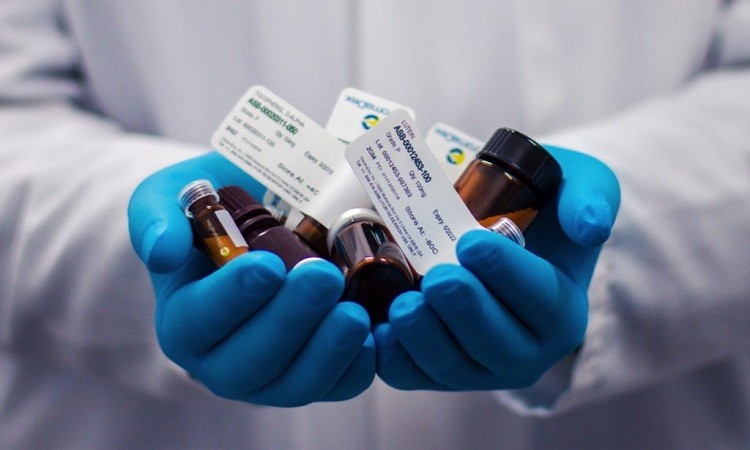
The International Day for Epidemic Preparedness, observed on December 27 each year, serves as a reminder of the critical need for global cooperation and readiness to combat epidemics and health emergencies worldwide. Established by the United Nations General Assembly in 2020, this day aims to highlight the importance of prevention, preparedness, and response to epidemics and pandemics that can threaten global health security.
In light of the devastating impact of the COVID-19 pandemic, the significance of this day has been amplified. The pandemic laid bare the vulnerabilities of health systems worldwide, underscoring the urgency for robust preparedness measures and collaborative efforts among nations, organizations, and communities.
The observance of the International Day for Epidemic Preparedness emphasizes several key aspects:
Prevention: Encouraging proactive measures such as vaccination campaigns, public health education, sanitation improvements, and early detection systems to prevent the spread of infectious diseases.
Preparedness: Strengthening healthcare infrastructures, stockpiling essential medical supplies, developing response plans, and enhancing the capacity of healthcare workers to effectively manage and contain outbreaks.
Global Cooperation: Fostering collaboration among nations, international organizations, healthcare professionals, scientists, and communities to share knowledge, resources, and expertise in combating epidemics.
Resilience Building: Building resilience in communities by promoting health equity, addressing socio-economic disparities, and ensuring access to healthcare services for all, particularly vulnerable populations.
This day serves as a platform to acknowledge the dedication of healthcare workers, scientists, and frontline responders who tirelessly work to safeguard public health during health crises. It also calls upon governments, policymakers, and stakeholders to prioritize investments in healthcare systems, research, and infrastructure to better prepare for and respond to future health emergencies.
Through raising awareness and advocating for collective action, the International Day for Epidemic Preparedness seeks to prevent future pandemics from causing widespread suffering and economic disruption.
As the world continues to navigate the challenges posed by infectious diseases, this observance serves as a poignant reminder that a coordinated, unified response is essential in safeguarding global health security.
On December 27, let us commemorate the International Day for Epidemic Preparedness by reaffirming our commitment to strengthening preparedness measures, fostering collaboration, and working towards a healthier, more resilient future for all. Let us stand together in our efforts to ensure that the world is better equipped to face and overcome the challenges posed by epidemics, now and in the future.
This Day in History: 19th Anniversary of the 2004 Tsunami, Kick off National Safety Day